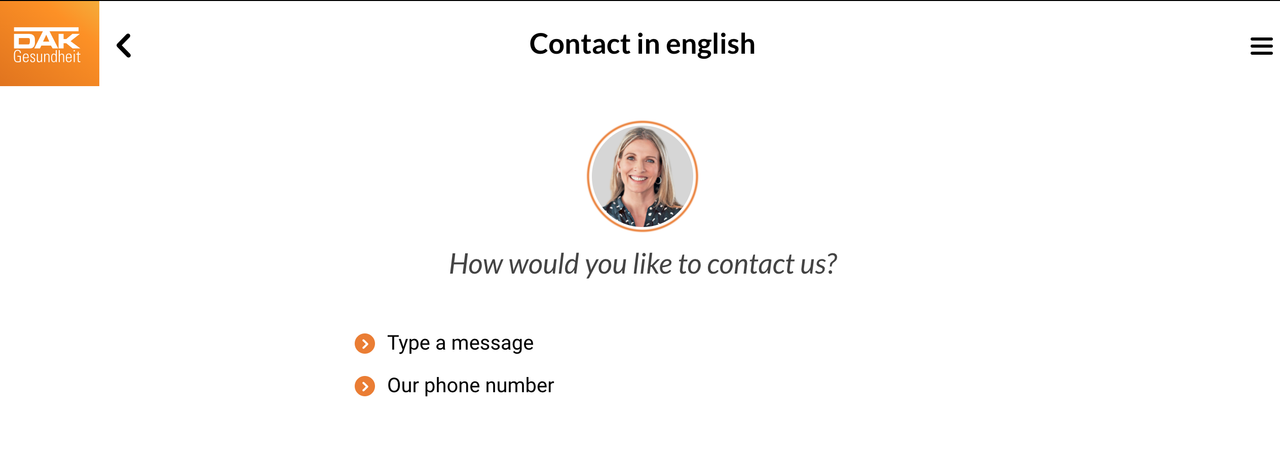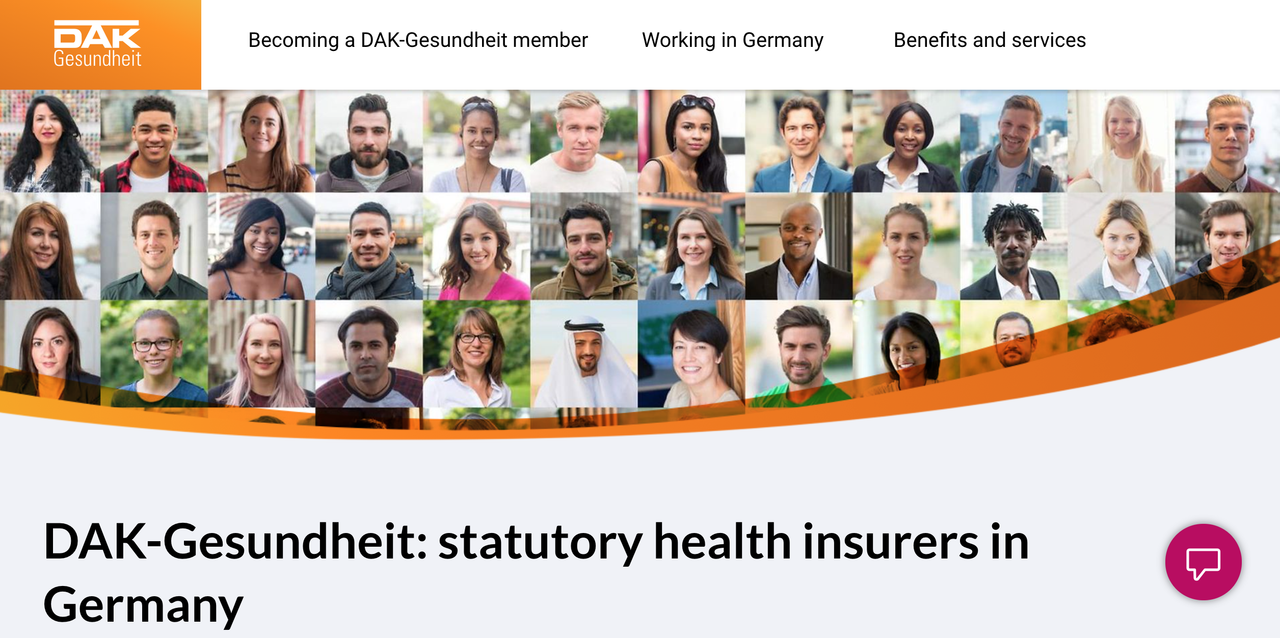Published on | Last updated on
There’s a lot to plan before becoming a freelancer in Germany. Sooner or later you will have to deal with mandatory German health insurance system. Learn more about public health insurance for freelancers in Germany in this post.
Freelancers in Germany have to get compulsory health insurance coverage. They have a choice between:
- Public health insurance / Gesetzliche Krankenversicherung (GKV)
- Private health insurance / Privat Krankenversicherung (PKV)
- Artists’ health insurance / Künstlersozialkasse (KSK)
In this post, you can learn all about public health insurance for freelancers in Germany.
Disclosure 1: We are not insurance brokers and this article does not constitute professional advice. We simply recommend these companies based on ease of sign-up and English language correspondence. Just like everything, we recommend you read the small print.
Disclosure 2: Some of the links contained in this article are affiliate links, meaning we receive a small commission for any sales resulting from these clicks. This has no bearing on the price of the product or service. Thank you for supporting us – we appreciate it!
1) What is Public Health Insurance for Freelancers in Germany?
Over 70 million people have public health insurance in Germany. About 51 million members pay contributions. The rest are insured free of charge, kids insured through family insurance.
There are several subcategories of public health insurance in Germany, such as the Allgemeine Ortskrankenkasse (AOK), the Betriebskrankenkasse (BKK), the Innungskrankenkasse (IKK) and the Ersatzkasse.
Currently, Techniker Krankenkasse (TK) is the largest provider of public health insurance in Germany, insuring about 10 million people in Germany. Barmer GEK is the second biggest provider with about 9 million members. DAK-Gesundheit with about 6 million members is the 3rd largest public health insurance in Germany.
2) Cost of Public Health Insurance for Freelancers
In public health insurance for freelancers, the monthly contribution is based on average gross monthly income. The more you earn as a self-employed person, the more you pay for your public health insurance.
As of 2020, most German public health insurance providers charge this monthly premium at 14.6 – 16% per cent of gross income. So a freelancer earning over 5000 € per month could end up paying up to (ca.) 750 € for public health insurance in Germany each month.
However, the contribution is capped at the monthly maximum rate for public health insurance.
Since self-employment revenue can vary from month to month, your public health insurance asks you to report your income once (in some cases twice) a year. This is done through a questionnaire which consists of several questions about your income and expenses in a particular time period.
Your provider may also require your latest income tax return. The monthly contributions get adjusted based on the income that you report to your public health insurance provider.
3) Disadvantages of Public Health Insurance in Germany
3.1) There’s a mandatory minimum monthly contribution
Even if you earn little or nothing at all a minimum contribution has to be paid.
This is because all public health insurance providers in Germany assume a monthly minimum income of around 1,038 € even when the freelancer earns less than this threshold. This monthly contribution is currently at around EUR 177 per month.
This makes public insurance too expensive for low-earning freelancers in Germany for a bare minimum coverage.
3.2) Only basic services and standard coverage are available
Regardless of the monthly contribution, public health insurance only provides the most basic coverage. Many healthcare facilities and practices in Germany are known to give priority to patients with private health insurance companies. Patients with public health insurance often have to wait several months or weeks to make even initial appointments with specialist practices such as dentists, gynaecologists or dermatologists.
4) Advantages of Public Health Insurance in Germany
4.1) Capped maximum monthly contributions
With public health insurance in Germany, you always pay a fixed percentage of your gross monthly income. Since the contributions fluctuate with your income, you pay more when your income grows. However, there is an upper limit for extremely high-earning freelancers.
In 2021, it will be 706.28 EUR plus the additional contribution and long-term care insurance.
4.2) Age and preexisting health conditions do not factor
Your age or health conditions do not factor in your monthly tariff with health insurance providers. All age groups and health conditions are treated equally in the public health insurance system in Germany.
4.3) Free co-insurance for children up to 25 years of age
Public health insurance in Germany for freelancers covers children under 25 of the insured as well. This makes German public health insurance a very affordable option for young and growing families.
4.4) Easy to switch to another public health insurance provider
If you are unhappy with your current public health insurance in Germany, you can easily switch to another provider – no questions asked. When you want to change your health insurance provider, you have to get in touch with your new provider and send them all the necessary details. The new health insurance provider de-registers you from your current provider on your behalf.
In some cases, you may also have to notify your current health insurance provider in writing.
5) Can International Freelancers Get Public Health Insurance in Germany?
Getting into public health insurance in Germany is a bit difficult for foreigners.
International freelancers can get into the German public health insurance system if they have been contributing to the public health insurance system previously.
For example,
- if they had public health insurance as a full-time student at a German university, or
- if they had public health insurance as a full-time employee in a German company,
they can simply switch to voluntary membership as a self-employed person.
As a complete newcomer to Germany and the German health insurance system, a private provider might be your only option.
6) Which Public Health Insurance is the Best in Germany?
In terms of quality of service and coverage, every public health insurance provider is pretty much the same in Germany.
There is a marginal difference between public health insurance providers in terms of standard coverage and monthly tariffs. Nearly every company charges 14% – 16% of the gross monthly income.
If you are a foreigner who prefers service and customer care in English or multiple languages then DAK might be a suitable provider.
DAK Gesundheit or DAK is one of the largest statutory health insurance providers in Germany with over 6 million members. This public health insurance company has been around for 230 years, making it one of the oldest providers in the country.
DAK is very popular in the international community because it offers its services in English, Arabic, Polish, Russian, Turkish and several other languages – as opposed to many companies that only operate in German.
You can easily sign up online with DAK (in English) here
Like most other insurance providers in Germany, DAK covers the costs of your doctor visits, treatments, medications and other types of care. Although some parts of your care (i.e. special medications and treatments) might be subject to additional costs or contributions.
As is the case with public health insurance in Germany, DAK costs are also determined by your monthly income. Generally, you can expect to pay 16.1% of your gross monthly income.

